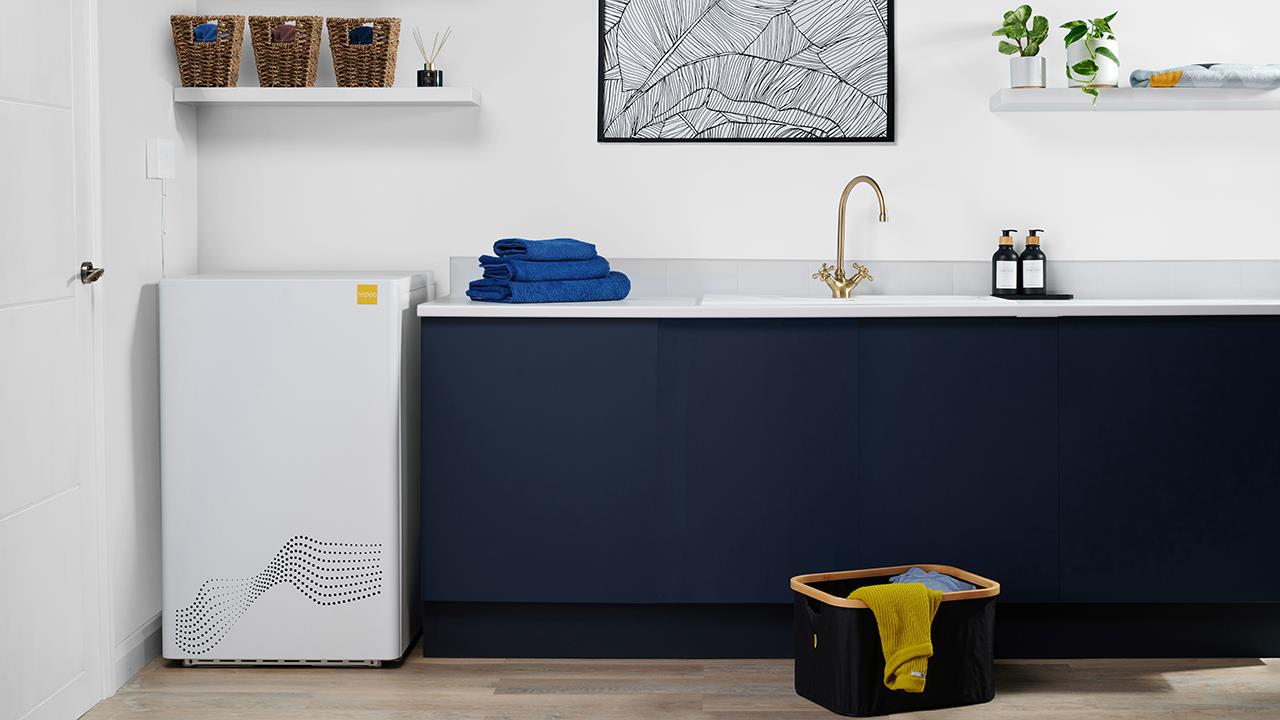

Public health policies follow a peculiar trajectory. As with indoor smoking, seatbelts and drink-driving, initially inconvenient policies quickly become morally and politically irreversible. Today, the backlash to Sadiq Khan’s ULEZ shows that reducing air pollution is going through its ‘inconvenient’ phase. However, that doesn't mean the government should stop there.
Every year, air pollution causes between 28,000 and 36,000 deaths and costs the economy more than £20 billion. Children in highly polluted areas such as Tower Hamlets have a 10% reduced lung capacity due to poor air quality. Cars are not the only cause; gas boilers are projected to become the largest contributors to Nitrous Oxide (NOx) emissions by 2025. In fact, building heating is already the largest source of NOx in London’s financial district.
That’s why the hard task of cleaning up the UK’s air must not end with cars. According to the Energy and Climate Intelligence Unit, gas boilers account for approximately 21% of total NOx emissions across Greater London alone.
Of course, Rishi Sunak has announced a further increase to the allowance of the Boiler Upgrade Scheme (BUS), from a £5,000 grant up to £7,500. While this is a welcome expansion, the truth is that domestic heating is not simply a binary choice between old gas boilers, and heat pumps, which remain unsuitable for many households.
The quantity, and quality, of innovation flowing into the decarbonisation challenge is expanding all the time. Over the next decade, we can confidently expect the number of electric domestic heating solutions to increase. The government should encourage the consumer to pick a solution that works for their home and lifestyle. That’s why the Boiler Upgrade Scheme should therefore expand beyond heat pumps, and encompass smart thermal storage technologies.
This point was echoed in the recent Second National Infrastructure assessment. The report highlighted the fact that a 35% annual growth rate in heat pump installations would be needed to decarbonise seven million homes in England by 2035.
Beyond this, the report observes that “Heat pumps will be challenging to install in space constrained buildings,” which is one of the reasons why heat pump sales sat at just 72,000 last year, well short of Boris Johnson’s plan of 600,000 annual installations by 2028. That’s precisely why the report notes that “other forms of thermal storage, like heat batteries, that take up less space… continue to bring new options to the market” and may be more suitable for many households.
In short, the UK government must do away with its narrow ‘heat pump vision’, and encourage consumers to pick a home heating solution that actually works for them. Expanding the current Boiler Upgrade scheme to include newer innovative forms of domestic heating will be crucial if we are as serious about reducing air pollution and decarbonising domestic heating as we claim to be.
As shown by the backlash to the ULEZ expansion, public health policies are almost always unpopular at first. Drink driving laws were unpopular. Smoking bans in pubs were unpopular. Even the police opposed seatbelt laws at the time of their implementation, deeming them a ‘waste of their time'. Yet today, reversing these policies would be an act of political suicide.
We now need to imagine a future where creating toxic fumes in order to heat our homes becomes just as unthinkable as, say, teachers smoking in classrooms.
Of course, this is a nationwide challenge. Research conducted by the CBI reveals that limiting emissions to the World Health Organization's air quality guidelines could have monumental benefits. The research reveals that if cities like London, Manchester, Birmingham, and Bristol can meet these standards for all air pollutants, it could potentially prevent 17,000 deaths, generate an additional three million working days annually, and contribute as much as £1.6 billion per year to the economy.
The Prime Minister-in-waiting must build on the bravery shown by Sadiq Khan in his refusal to back down from his ULEZ expansion. Just as Mr Khan expanded the vehicle scrappage scheme, an all-encompassing approach to decarbonised heating rollout would complement the gas boiler phase out too.
The ULEZ expansion has shown us that the necessary decisions are not always easy. Yet our children, and grandchildren will thank us for the cleaner air they enjoy, due to decisions we make today.
As Keir Starmer waits in the wings of parliament, he must remember that air pollution is about far more than cars. In order to make real progress in cleaning up our air, we must accelerate the move away from gas boilers. Fundamentally, burning hydrocarbons to keep warm must be seen as an archaic activity of the past. That’s why the boiler upgrade scheme needs an upgrade itself.
The full electrification of our domestic heating won’t be easy; nothing worthwhile ever is. Yet my message to the next government would be simple. In order to save lives, slash emissions and boost British energy independence, we must accelerate our transition to the hydrocarbon-free domestic heating era.
If you'd like to keep up-to-date with the latest developments in the heating and plumbing industry, why not subscribe to our weekly newsletters? Just click the button below and you can ensure all the latest industry news and new product information lands in your inbox every week.